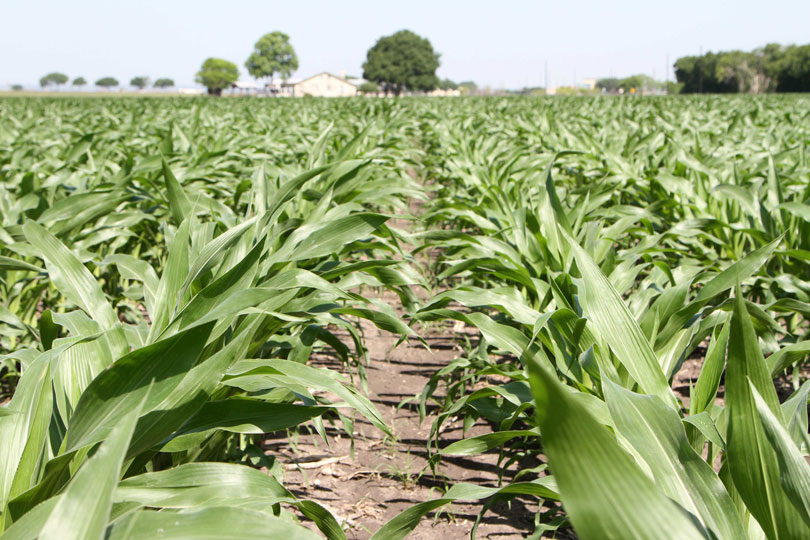By Jessica Domel
Multimedia Reporter
More than a month after a congressional committee threatened to cut its funding, the World Health Organization’s (WHO) cancer agency has responded to concerns regarding the scientific integrity of its evaluation of popular weedkiller glyphosate.
In early December, the House Committee on Science, Space and Technology sent a letter to Dr. Christopher Wild, director of the International Agency for Research on Cancer (IARC), asking for the name of someone who could potentially testify at a hearing on the paper that claims glyphosate is a probable carcinogen.
Wild responded Jan. 11.
“In all, the rigorous published procedures followed in every Monograph meeting reflect IARC’s close adherence to the highest principles in transparency, independence and scientific integrity,” Wild wrote.
The House Science Committee addressed reports from Reuters that Dr. Christopher Portier, who was involved in the glyphosate monograph, had at least two conflicts of interest while working with IARC.
“In a deposition conducted of Portier in ongoing litigation, he admits that when he took on the role as Invited Specialist for IARC, he had already been working for months with the same firm that later brought him on as a litigation consultant,” Rep. Lamar Smith of Texas, chair of the House Science Committee, wrote. “Within nine days of IARC announcing glyphosate as a group 2A carcinogen, Portier took the position as a litigation consultant.”
According to the committee, Portier was also working for the Environmental Defense Fund (EDF), an activist non-governmental group, while serving as an invited specialist on the glyphosate monograph.
“According to documents obtained by the committee, Portier stated in an email to Linda Birnbaum at the National Institute of Environmental Health Sciences (NIEHS) that while he was participating in the IMO (IARC Monograph Program), he was at the same time ‘enjoying helping the (EDF)’ with a project involving a wristband that exposes the hazards of various chemicals and pesticides,” Smith wrote.
While chairing the glyphosate advisory group, Portier had been working as a senior scientist for EDF for more than a year, according to the committee.
“The committee finds it difficult to view Portier’s work with EDF and his role on the glyphosate monograph as anything but a conflict of interest,” the letter reads.
In the Jan. 11 letter, Wild said the IARC is “not aware of any contractual relationship between Dr. Portier and litigation lawyers” at the time of the monograph meeting.
“IARC did take account of other real of apparent conflict of interests declared by Dr. Portier, specifically his part-time role with the Environmental Defense Fund. On this basis, IARC Invited his participation in the meeting as an ‘Invited Specialist’ and his declared conflict of interest was made public on the IARC Monograph website,” Wild wrote.
Portier had full access to draft documents and meeting discussions like other observers and representatives, Wild said. He was also recognized to speak at the meeting.
“As an Invited Specialist, Dr. Portier was not a member of the Working Group that was responsible for the critical reviews and evaluations developed during the meeting, including the work performed in sub-groups assessing the epidemiology, animal bioassays or other relevant mechanistic data,” Wild wrote.
In response to claims from the House Committee that documents reveal multiple instances of Portier’s influences on the glyphosate monograph, Wild reports “allegations that Dr. Portier unduly influenced the Working Group and the consensus evaluation reached does not, to my knowledge, have any factual basis.”
Wild also addressed committee questions regarding Dr. Aaron Blair’s work on the Agricultural Health Study (AHS) that concluded glyphosate is not a carcinogen.
Blair later reportedly told Reuters the study would have “altered IARC analysis,” but did not take any steps to allow the research to be considered by the group.
“At the time of the IARC evaluation, the AHS did not report an association between non-Hodgkin lymphoma and glyphosate. However, this null finding in the AHS did not outweigh the positive associations found in other epidemiological studies,” Wild wrote. “The Working Group took this into account in con

